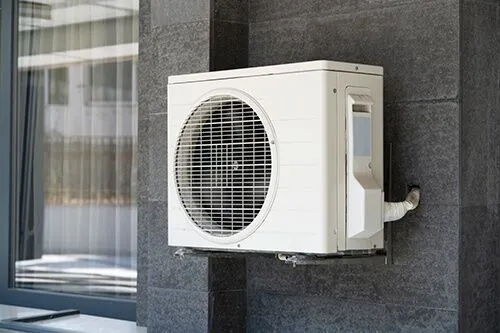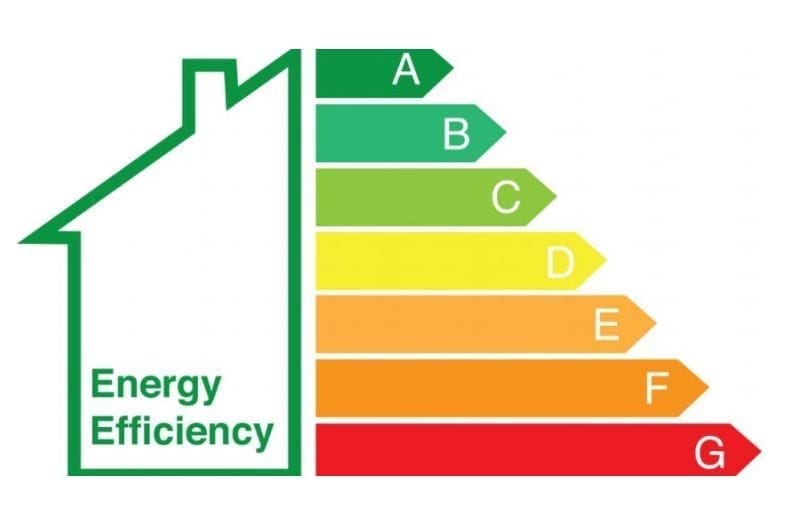
Wondering how to boost your home’s energy efficiency with HVAC upgrades? Your HVAC system plays a critical role in maintaining the comfort of your home, but it can also be one of the biggest contributors to your energy bills. If your heating and cooling systems are outdated or inefficient, you may be spending more on energy than necessary. By upgrading certain components of your HVAC system, you can boost your home’s energy efficiency and save money in the long run. Here are some key HVAC upgrades for homeowners in the Denver metro area to consider.
1. Install a Programmable or Smart Thermostat
One of the easiest and most effective upgrades for boosting energy efficiency is installing a programmable or smart thermostat. These devices allow you to set temperature schedules that match your daily routine, ensuring your HVAC system isn’t running when it’s not needed. Smart thermostats even learn your habits and adjust settings automatically, providing optimal comfort while saving energy. By using a programmable thermostat, you can cut your heating and cooling bills by up to 10%.
2. Upgrade to an Energy-Efficient Furnace or Air Conditioner
Older HVAC systems tend to use more energy than modern, energy-efficient models. Upgrading to an ENERGY STAR®-rated furnace or air conditioner can significantly reduce your energy consumption. These systems are designed to meet higher energy efficiency standards, often boasting AFUE (Annual Fuel Utilization Efficiency) ratings of 90% or more for furnaces, and SEER (Seasonal Energy Efficiency Ratio) ratings of 16 or higher for air conditioners. If your system is more than 15 years old, it’s time to consider an upgrade to improve efficiency and lower your energy bills.
3. Seal and Insulate Ductwork
Leaky ducts can account for up to 30% of energy loss in your HVAC system, making your heating and cooling efforts less efficient. Sealing and insulating your ductwork ensures that conditioned air is properly distributed throughout your home, without being lost in attics, crawl spaces, or between walls. Sealing your ducts can improve your HVAC system’s efficiency and help maintain a consistent temperature in all areas of your home.
4. Consider Zoned Heating and Cooling Systems
If certain rooms in your home are consistently too hot or too cold, a zoned HVAC system can provide a solution while saving energy. Zoned systems divide your home into different areas, allowing you to control the temperature in each zone independently. This means you don’t have to heat or cool rooms you’re not using, which can lead to significant energy savings. Zoned systems are ideal for larger homes or homes with multiple floors.
5. Invest in Regular HVAC Maintenance
Even the most efficient HVAC system needs regular maintenance to perform at its best. Scheduling seasonal tune-ups for your heating and cooling systems can help identify potential issues before they become costly repairs and ensure your system is running as efficiently as possible. Regular maintenance includes cleaning filters, checking for leaks, and calibrating your thermostat—all of which contribute to energy efficiency.
6. Install Energy-Efficient Windows and Insulation
While not directly an HVAC upgrade, improving your home’s insulation and installing energy-efficient windows can make a big difference in how hard your HVAC system has to work. Inadequate insulation or drafty windows allow heat to escape in the winter and cool air to escape in the summer, forcing your system to work harder to maintain a comfortable temperature. By upgrading your insulation and windows, you can reduce your HVAC system’s workload and lower your energy bills.
7. Upgrade to a Variable-Speed HVAC System
Variable-speed HVAC systems are designed to adjust their output based on your home’s heating and cooling needs, rather than running at full speed all the time. This allows the system to use less energy while maintaining a more consistent temperature. Variable-speed systems also tend to run quieter and offer better humidity control, improving both efficiency and comfort.
Why HVAC Upgrades Matter for Energy Efficiency
Upgrading your HVAC system is one of the most effective ways to boost your home’s energy efficiency, lower your utility bills, and reduce your environmental footprint. From simple thermostat upgrades to installing a new energy-efficient furnace or air conditioner, there are a variety of ways to improve the efficiency of your heating and cooling system.
At Top Shelf Electric, Heating, & Plumbing, we specialize in HVAC upgrades and maintenance services for homeowners throughout the Denver metro area and Colorado Springs. Our expert technicians can assess your home’s HVAC needs and recommend the best upgrades to maximize efficiency and comfort.
Contact us today to schedule an HVAC consultation or learn more about our energy-efficient solutions for your home.

